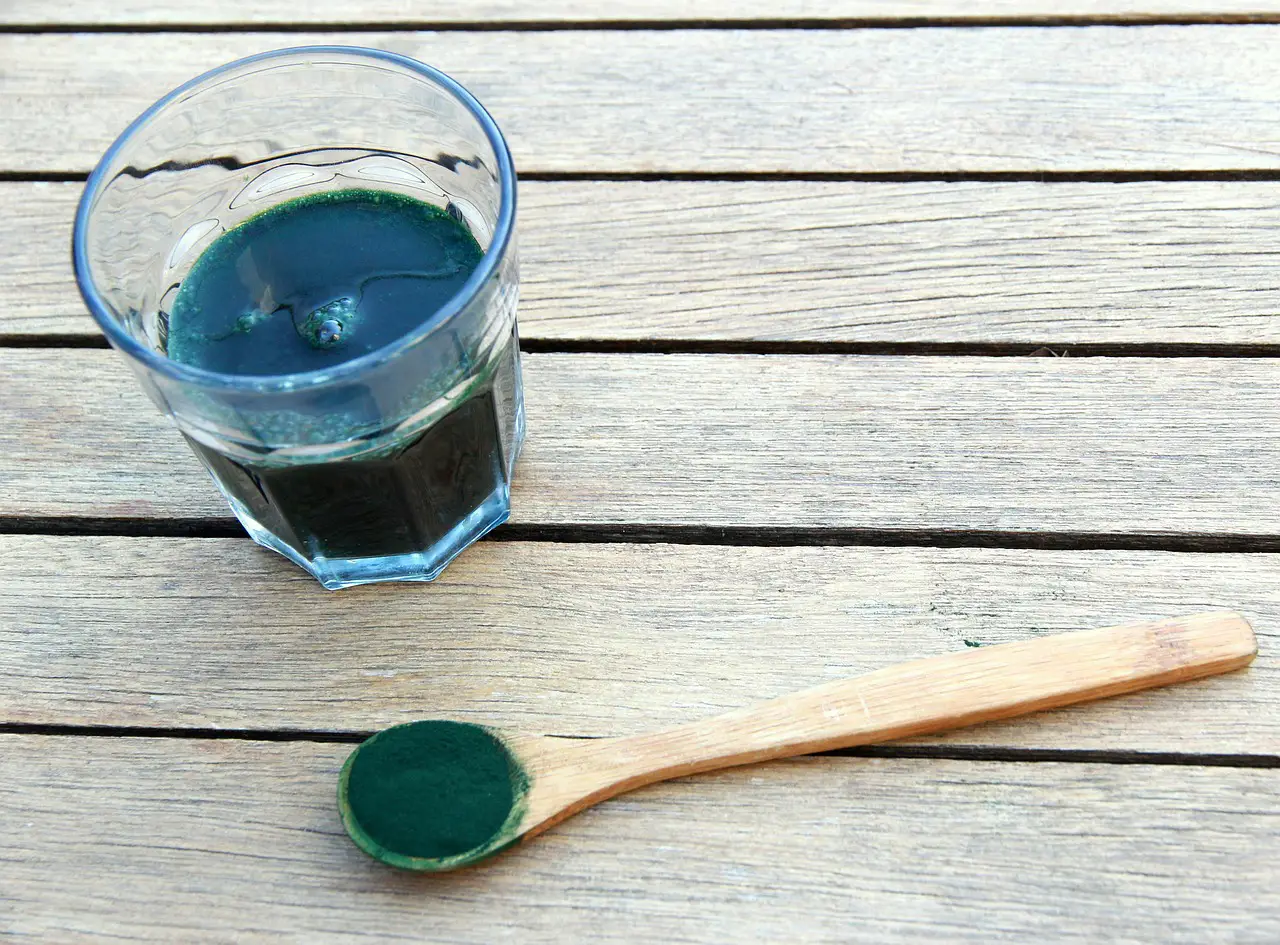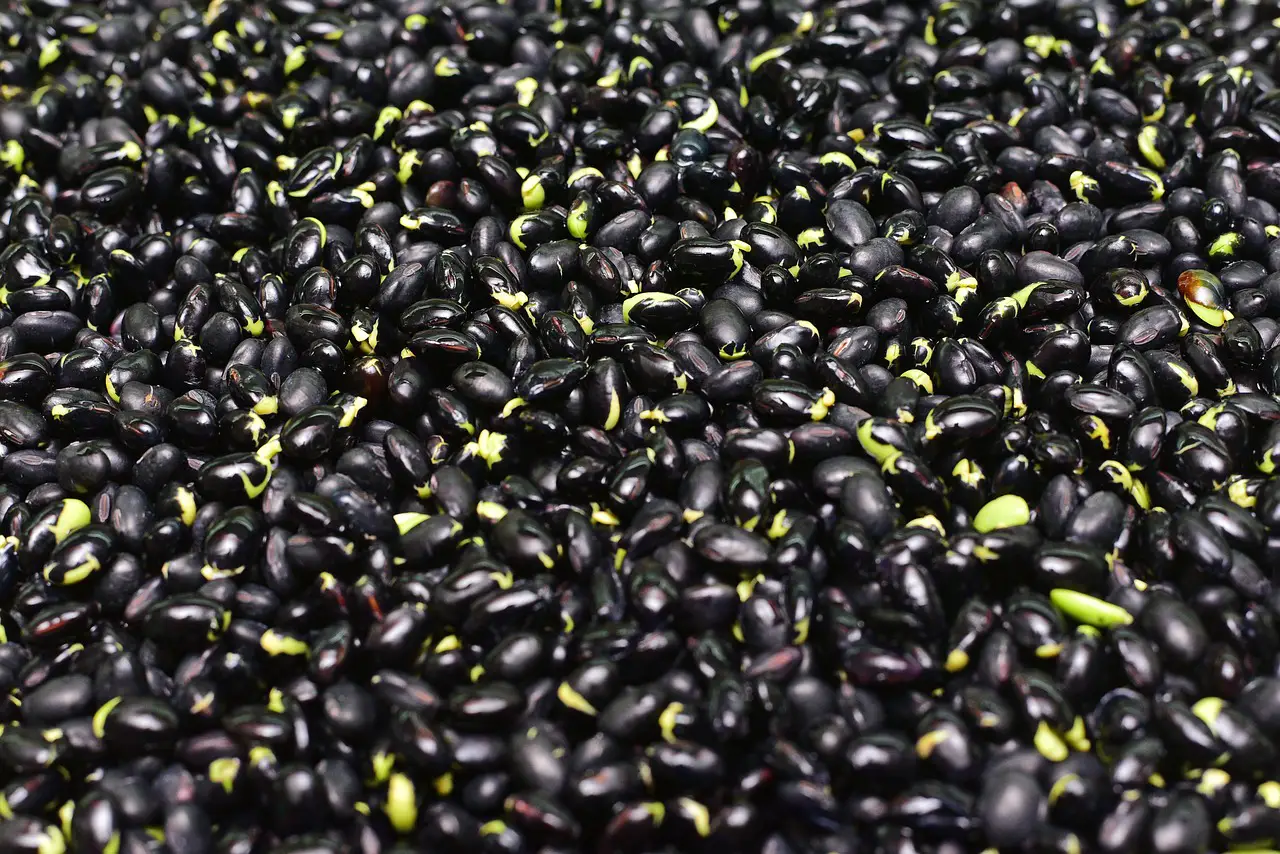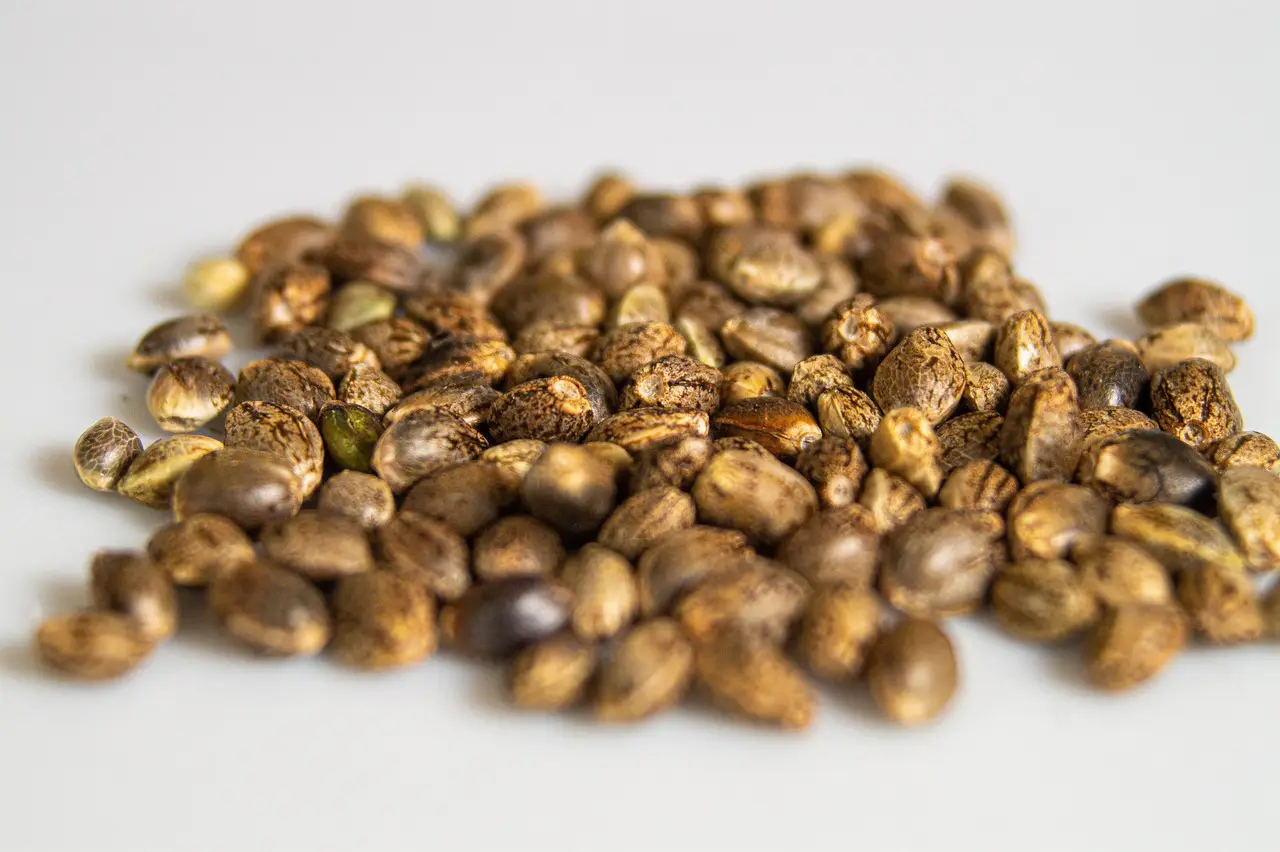This posting is part of Coupang Partners activity, and I receive a certain amount of commission accordingly.
Spirulina is a blue-green algae that naturally grows in warm, clean ocean waters. It is a microscopic microorganism that can only be seen under a microscope. What made spirulina known as a superfood is not its taste, but the positive effects it has on health. In fact, its taste is not particularly pleasant, which is why it is mostly consumed in powder or tablet form as a dietary supplement. Many people mix it into smoothies or health drinks.
Spirulina gained widespread recognition largely thanks to NASA, which once studied whether it could be cultivated in space and used as food for astronauts. That research took place about 30 years ago, but spirulina has been with humanity for much longer. The ancient Aztecs consumed this superfood for health benefits—not because they analyzed its components as we do today, but because they discovered its effects through experience. Today, we’re going to take a closer look at spirulina.

Nutritional Information
Dried spirulina (7g) contains approximately 20 kcal, along with 4g of protein, 1.67g of carbohydrates, 0.3g of dietary fiber, 0.2g of sugars, and 0.54g of fat.
In addition to these nutrients, spirulina is rich in various vitamins, including B-complex vitamins such as thiamine, riboflavin, and niacin, as well as vitamin A. It also contains a range of minerals such as calcium, magnesium, manganese, potassium, copper, and iron.
Spirulina is an excellent source of protein and essential amino acids, accounting for about 62% of its total composition. This protein is considered complete, as it includes all the essential amino acids. Moreover, spirulina is high in antioxidants and anti-inflammatory compounds, which contribute to its health benefits.
Thanks to its rich supply of vitamins, minerals, and antioxidants, spirulina is recognized as one of the most nutrient-dense foods on the planet.
Spirulina Benefits
It Is Effective in Reducing Inflammation
Spirulina is rich in anti-inflammatory compounds that help the body respond to various types of inflammation. While we are constantly exposed to pathogens from the outside, viruses, bacteria, and germs also exist within the body and can cause inflammation. Since many diseases actually begin with minor inflammation, the anti-inflammatory effects of spirulina play a very important role in maintaining overall health.
It Helps Regulate Cholesterol Levels
This compound helps lower bad LDL cholesterol and triglyceride levels while increasing good HDL cholesterol. Cholesterol plays a very important role in our body, especially because it is closely linked to cardiovascular diseases, making its management essential. LDL cholesterol can build up on the walls of blood vessels, obstructing blood flow and potentially leading to serious conditions such as stroke or heart attack. Therefore, it’s important to regularly monitor and control LDL cholesterol levels.
It Is Effective in Lowering High Blood Pressure
High blood pressure is often called the “silent killer” because it can progress gradually without noticeable symptoms and then suddenly lead to serious health issues. For this reason, consistent management of blood pressure is very important. High blood pressure can be a major cause of conditions such as heart attacks, strokes, and kidney disease. Taking spirulina may help lower blood pressure and contribute to overall cardiovascular health.
It May Help Support Anti-Cancer Activity
Spirulina is rich in antioxidants, which may be effective in helping the body respond to cancer cells. According to the University of Maryland Medical Center, a study involving patients with oral cancer showed that those who consumed spirulina experienced better treatment outcomes compared to those who received a placebo. However, spirulina should not be considered a cure for cancer. The research team emphasized that further studies are necessary. Nevertheless, regular consumption of spirulina may help enhance the body’s resistance to cancer.
It May Help Improve Vision
Spirulina is rich in zeaxanthin, which, along with lutein, is important for eye health. Zeaxanthin is a carotenoid found in the retina, and consuming it may help increase retinal cell density, protecting the cells in the macula of the retina. Additionally, omega-3 fatty acids are also known to be important for eye health.
It May Help Improve Allergic Rhinitis
Allergic rhinitis is an inflammation of the nose caused primarily by pollen, polluted air, animal dander, and other factors. According to research, spirulina may be effective in improving the symptoms of allergic rhinitis. In a study with 127 participants, those who took 2g per day experienced a significant reduction in symptoms such as runny nose, sneezing, and itching. This effect may be especially helpful for people suffering from rhinitis during pollen season or yellow dust in the spring.
It May Help Improve Skin Health
Spirulina contains an antioxidant called phycocyanin. Antioxidants play several important roles in our bodies, one of which is responding to cell damage caused by aging. This effect applies not only to cells inside the body but also to the skin. Antioxidants can help prevent skin damage caused by UV rays, protect the skin from various bacteria, and promote healthy, radiant skin in various ways.
It May Help with Detoxification
Spirulina is rich in chlorophyll, which is known to help remove toxins from the blood and strengthen the immune system. The ability to manage toxins is a crucial factor in maintaining good health, so this benefit can be expected.
It May Help with Weight Loss
Foods rich in high-quality protein support weight loss in various ways. Protein consumes a lot of energy during metabolism, helping burn fat, build muscle, and maintain a feeling of fullness for an extended period. Spirulina, being a protein-rich food, can be helpful for dieting when added to smoothies.
In addition to this, it likely offers many other benefits. There is a reason why it is called a “superfood.” Its ability to boost immunity, fight pathogens, and counter inflammation is beyond words. By consistently consuming it, you can experience a variety of health benefits.
How to Choose a Good Product
Spirulina is primarily available in powder form. Some products are sold as pure powder, while others are available as capsules or tablets for nutritional supplements. Regardless of the form, it is important to choose a reliable product. Additionally, make sure to check the product’s content carefully and verify whether there are any added ingredients, and if so, what they are. Always read the product instructions and follow the guidelines. The recommended daily intake can vary depending on the product’s content, but generally, 1-3 grams per day is recommended, with 2 grams being the usual suggestion.
How to Consume and Use
Many people mix spirulina powder into their smoothies in the morning. This is done by adding the powder to smoothies made with various vegetables and fruits. It is considered one of the tasty ways to consume it.
How to Make a Smoothie
- Prepare 1 avocado, 1 banana, and 1 tablespoon of spirulina powder.
- Add all the ingredients into a blender and blend well.
- Enjoy a delicious and healthy smoothie!
How to Make a Pack
- Mix flour, spirulina powder, and honey together.
- Gradually add water to adjust the consistency for use.
Side Effects and Precautions
Spirulina is generally considered safe, but side effects may occur depending on individual circumstances. If you are considering long-term use, it is recommended to consult with a professional first. Special caution is required if you are taking medication for any condition.
If you are pregnant or breastfeeding, it is essential to consult with a healthcare provider. Additionally, if you have metabolic issues, it is better to avoid taking spirulina due to potential side effects. For those with autoimmune diseases such as lupus or rheumatoid arthritis, spirulina may worsen symptoms and should be avoided. The safety of spirulina has not been established for children.



Leave a Comment